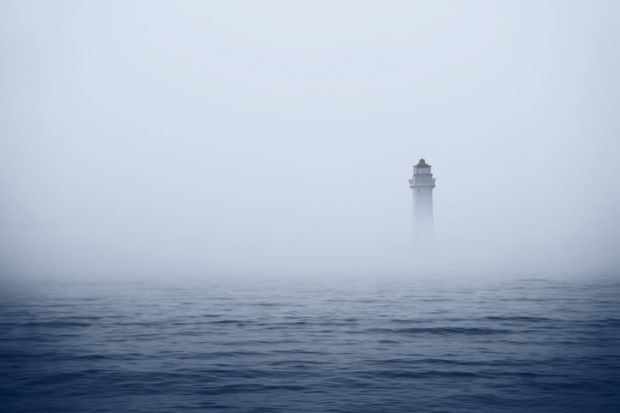Australia will put more focus on the remote and offshore teaching of international students, after a Canberra meeting failed to decide the key issue of when they would be allowed back into the country.
The Council for International Education has resolved to develop a new international education strategy highlighting opportunities in educational technology and online learning, while working towards the return of international students as “a priority for 2021”.
A federal government communiqué issued after the 3 December meeting says that governments and the sector “have advanced plans for the return of international students, when health conditions and quarantine capacity allow”.
But the document does not speculate whether quarantine arrangements will be expanded to allow arrivals to isolate in purpose-built student accommodation – a concession that could allow universities to fly in foreigners ahead of the 2021 academic year.
Quarantine capacity is a major limiting factor on international admissions, with prime minister Scott Morrison insisting that returning Australian citizens must be given priority over foreign students. The International Education Association of Australia (IEAA) has been lobbying for changed quarantine rules so that students can come as early as next month.
IEAA chief executive Phil Honeywood said the federal government had made it clear that any such changes would need to be approved individually by states and territories. But he said that the meeting had been upbeat, with the federal government members – including the ministers for trade, foreign affairs, employment and industry and the acting minister for immigration – expressing considerable support for the sector.
“We’re not going to get the critical mass we wanted, but the mood from the government is that they understand that the industry is in pain,” he said, adding that the government had flagged public relations campaigns to assure students that they were welcome and to highlight the benefits of international education to the Australian public.
Education minister Dan Tehan, who chairs the council, said there were reasons for Australia to be “optimistic” about the future of international education. They included developments in Covid-19 vaccines and newly released economic data showing that the country is technically out of recession.
But he said that Australia must “seize future opportunities” by developing a new strategy to chart the industry’s progress over the next decade. “We must be prepared for more focus on offshore, online and blended learning, and a growth in new models of delivery – such as microcredentials.”
Mr Honeywood said that the council’s focus on transnational education was sensible, given strong offshore enrolments at some institutions. Australia’s largest private school, for instance, had boosted student numbers at its Chinese establishments by one-quarter this year.
He also cited positive signs in this week’s arrival of 63 foreign students in Darwin. Most of them had been Chinese, demonstrating appetite for Australian education in the key source country.
The communiqué says council members will lead consultations on the new strategy between February and April, ahead of its expected finalisation in mid-2021.
Register to continue
Why register?
- Registration is free and only takes a moment
- Once registered, you can read 3 articles a month
- Sign up for our newsletter
Subscribe
Or subscribe for unlimited access to:
- Unlimited access to news, views, insights & reviews
- Digital editions
- Digital access to THE’s university and college rankings analysis
Already registered or a current subscriber? Login








